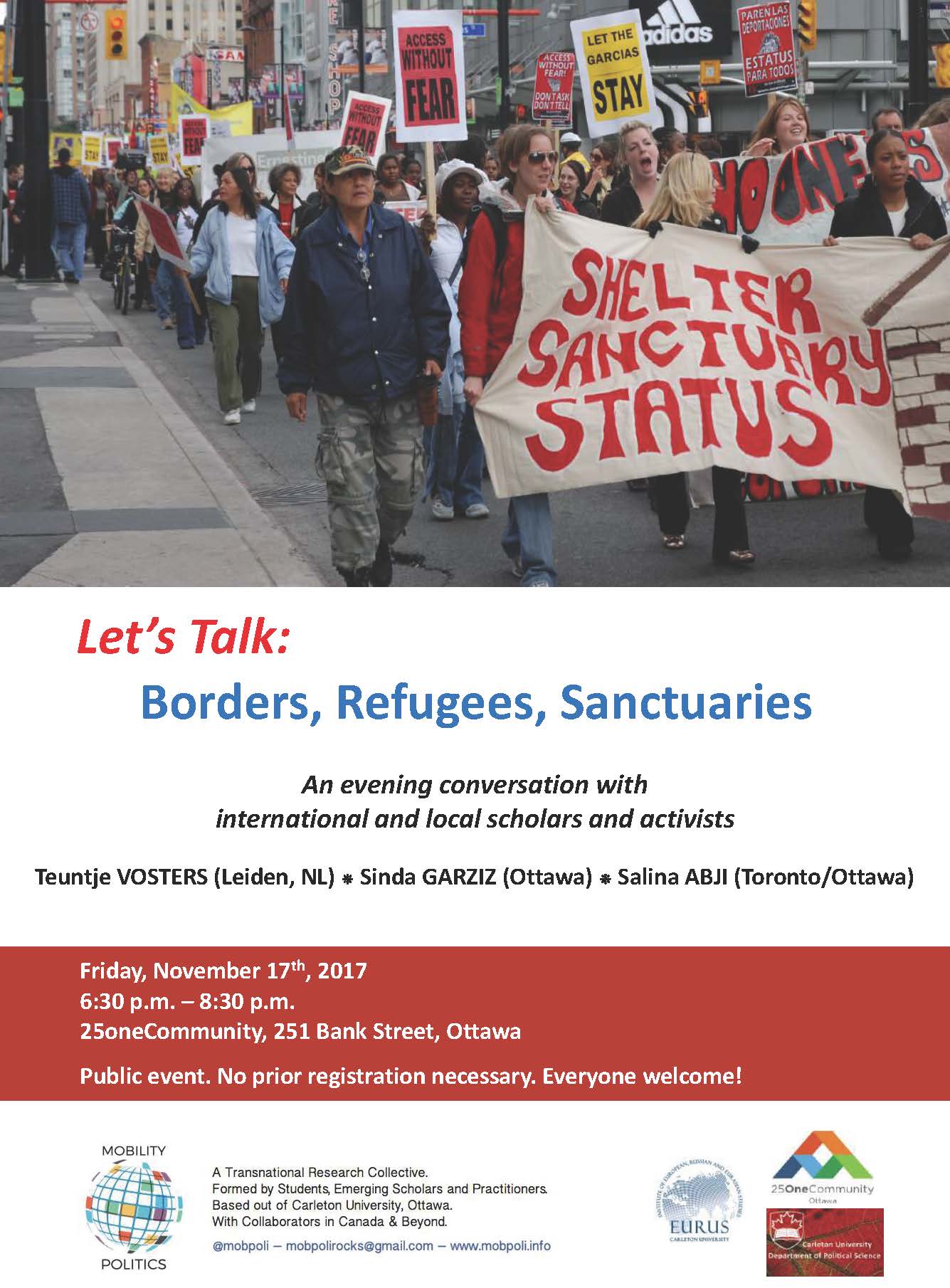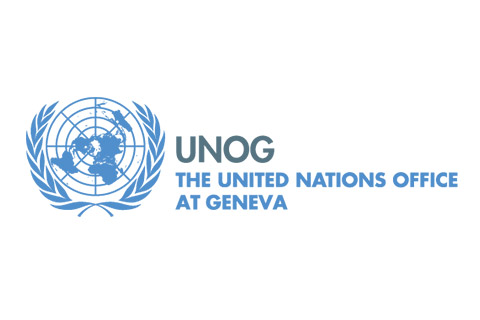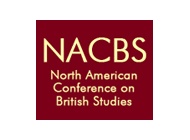From H-Announce via Jill Campbell-Miller
The Original Call for Papers can be found here.
24-26 October 2018
Roosevelt Institute for American Studies
Middelburg, The Netherlands
Keynotes:
Naoko Shimazu (Yale-NUS College Singapore)
John Watkins (University of Minnesota)
The New Diplomatic History network focuses broadly on the historical study of diplomats, their methods, and their cultural, political and social milieux. New diplomatic history involves the study of individuals and groups who perform diplomatic roles (but who have so far often been ignored), and the use of perspectives and methodologies from across the social sciences to bring their significance into focus. The network reasserts diplomatic actors as important subjects of historical study while being open to innovations in the understanding of evolving international society.


 By Sandrine Murray
By Sandrine Murray




